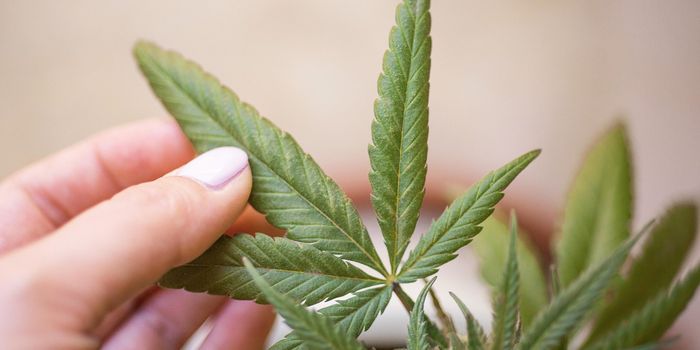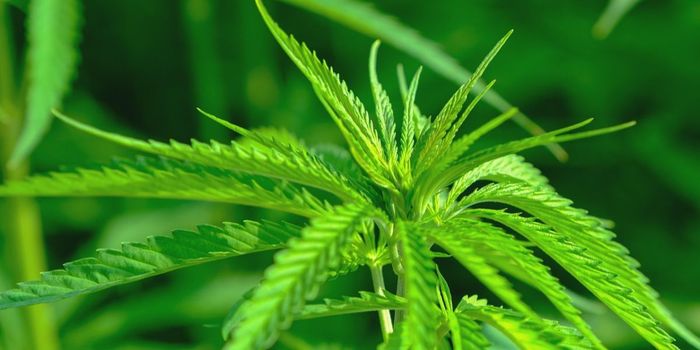Increasing Interest in Psychoactive Treatments for Mood Disorders

Many neuroscientists believe that psilocybin and cannabis offer beneficial compounds for decreasing mood disorder symptoms. Dr. Lisa Monteggia, the Barlow Family Director of the Vanderbilt Brain Institute and professor pharmacology at Vanderbilt University, explained, “As a field, we are thinking about psilocybin and cannabis in new ways and not only evaluating them for their potential therapeutic benefit but probing how they exert their effects in the brain. The research presented today is contributing to the growing evidence that these compounds may offer new avenues for symptom relief in many mental health conditions.” Anxiety, depression, lack of motivation, and lack of focus are some of the most common symptoms relieved by compounds found in cannabis and psilocybin.
Some notable findings presented at the annual meeting emphasize the promise of psilocybin and cannabis for treating mood disorders. One study demonstrated how chronic cannabis use is associated with improved cognitive functions in people with bipolar disorder. One study highlighted that altered consciousness effects of psilocybin may not be essential for relieving anti-anxiety and anti-depressive effects, suggesting formulations could be made that promote symptom relief and remove properties that cause euphoric or drowsy effects. A mice model showed psilocybin injections resulted in decreased anxiety-related behaviors.
Another study highlighted how the brain’s endocannabinoid system is a promising target for treating mood and anxiety disorders because of its ability to regulate the brain’s emotion and anxiety circuits. Researchers investigated the effects of inhibiting fatty acid binding protein-5 (FABP-5 is a chaperone protein within the endocannabinoid system) on mood and anxiety symptoms in an animal model. Blocking the FABP-5 system resulted in reduced depressive and anxiety-related symptoms. No cognitive or addictive side effects were reported.
Many people with bipolar disorder report they often use cannabis to increase motivation and facilitate cognitive functioning. Chronic cannabis use is associated with improvement in some cognitive functions and a reduction of risk-taking behavior.
Sources: Eureka News Alert, Neuroscience 2022








